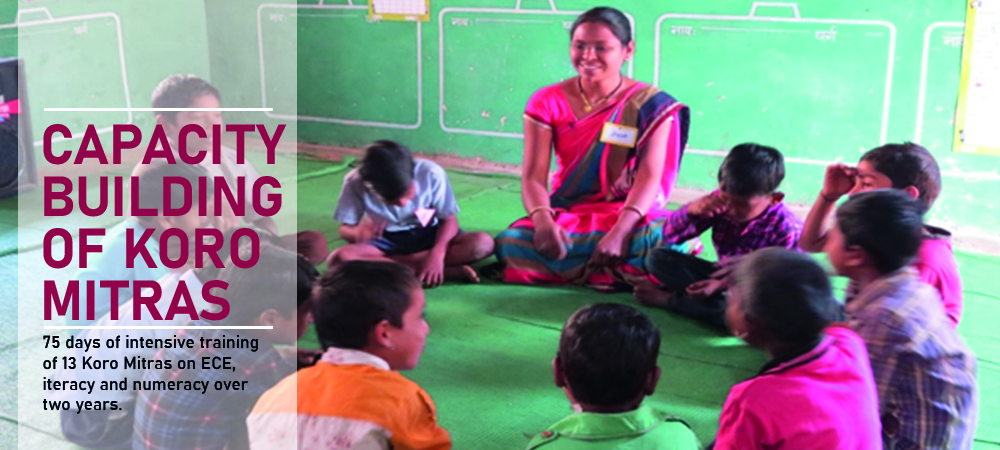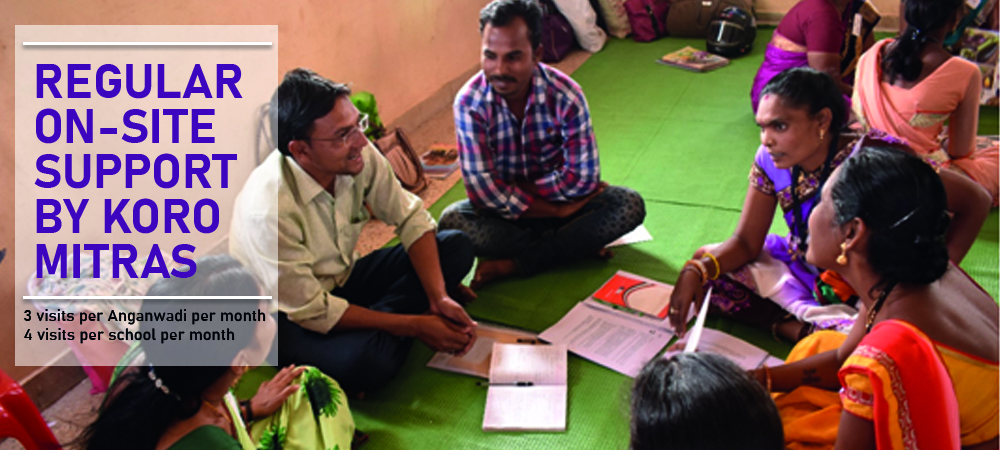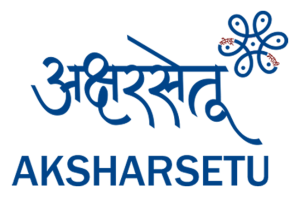
AKSHARSETU
The ability to read, write and comprehend and to perform basic operations with numbers is a necessary skill for all school and lifelong learning. If these are not developed in early years, children will not be able to catch up in later grades and may maintain flat learning curves for years. This has become a major reason for children not attending schools or dropping out from schools. Therefore, strengthening early childhood education and developing early literacy and numeracy skills in children is critical.
To address this problem, Shantilal Muttha Foundation (SMF), in partnership with the Government of Maharashtra (GoM) and ZillaParishad (ZP), Amravati are working together with the aim to develop and implement an integrated model of Early Childhood Education (ECE) and Early Literacy and Numeracy.
The Aksharsetu programme has been initiated for children between 3 – 8 years of age, covering Anganwadi (3-6 years) and Primary School grade 1 and 2 (6-8 years) of tribal children in the multilingual context of Dharni block. The pre-primary and early primary grade years is a critical period for child development, and significant for educational outcomes.
Thus, Aksharsetu provides multifaceted, multilevel, activity-based education for Korkutribal, non-Marathi speaking children to acquire basic essential competencies before and after they are enrolled in school.
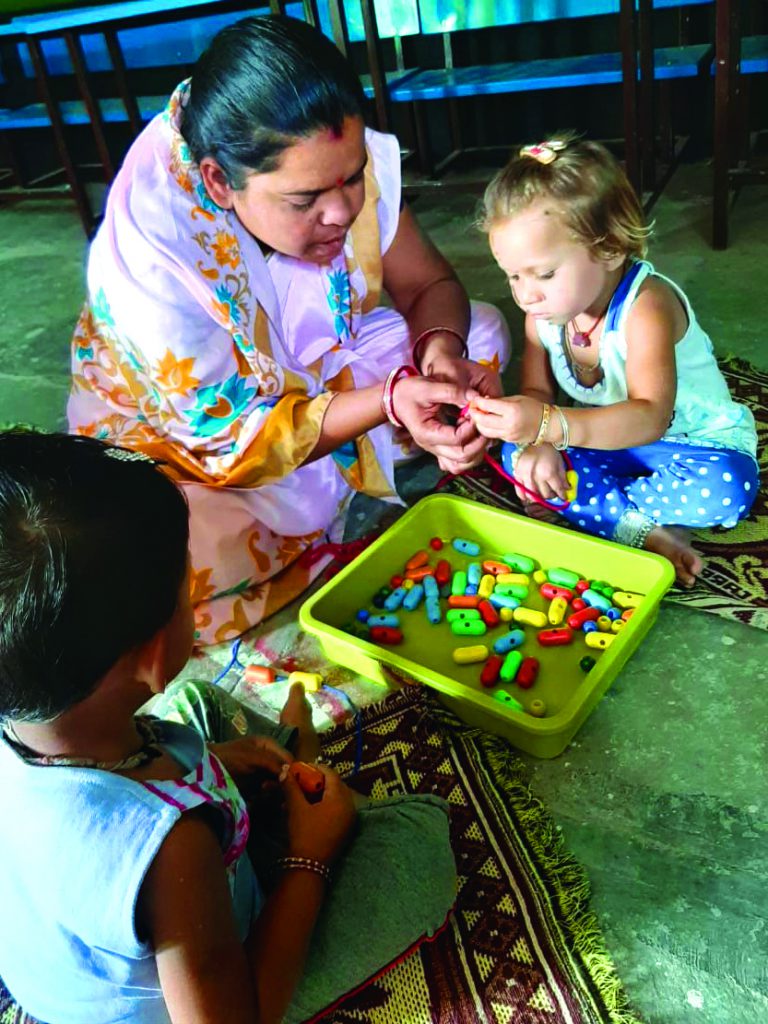
OBJECTIVE
To develop and implement a sustainable and an integrated model of early childhood education and early literacy (3-8 years) to improve the learning outcomes of children in the multilingual context of Dharni block.
CHALLENGES
- No similarities between the home language and the medium of instruction in the schools.
- Inadequate ECE knowledge and skill-sets among Anganwadi workers and supervisors.
- Inadequate continuous professional development for teachers to organise learning in multi-lingual and multi-grade classrooms.
- Inappropriate teaching-learning practices for multilingual classrooms.
- Poor foundational skills of children.
- Low learning levels of children across grades.
AKSHARSETU STRATEGIES
- Build a strong foundation at early ages by strengthening the quality of ECE and primary education holistically, with children of 3-8 years as the focus group.
- Establish strong linkages between ICDS centres and neighbourhood primary schools to ensure better transition and learning.
- Building capacity within the government system for the delivery of multilingual education.
- Regular on-site support through local educated youth (KoroMitras).
- Context-specific TLMs (Korku and Marathi story books, poems, posters, picture posters, reading cards, word grids).
MAIN ACTIVITIES
SCOPE

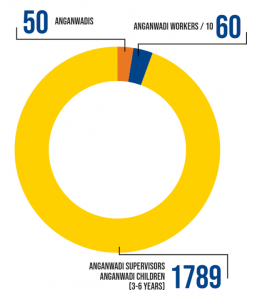
Reach Of Our
PROGRAMME
in India ...
ACHIEVEMENTS TILL NOW



AKSHARSETU FILMS
OUTCOMES
PROJECT OUTCOME

INTERMEDIATE OUTCOMES

2. Increased involvement of the local community in the efforts of schools to improve quality of education
3. Enhanced student participation in the school, supportive of improved learning outcomes


